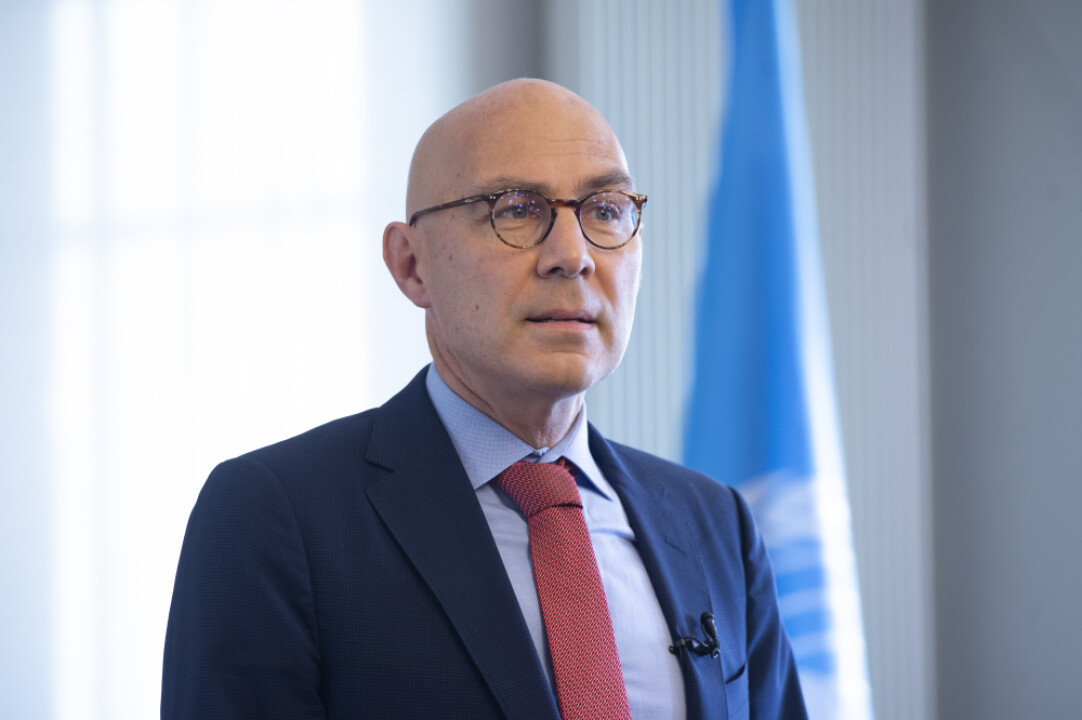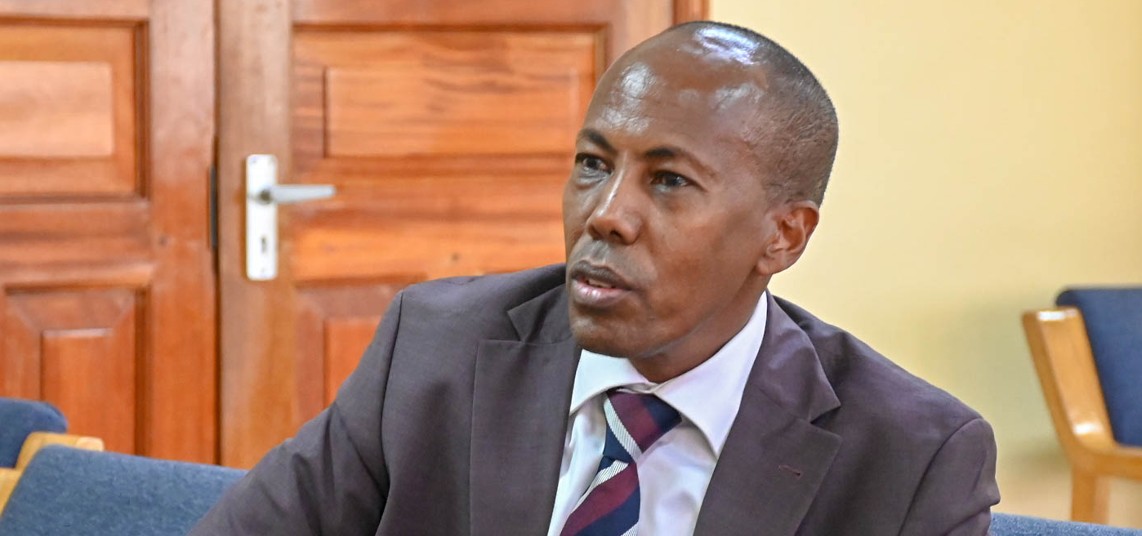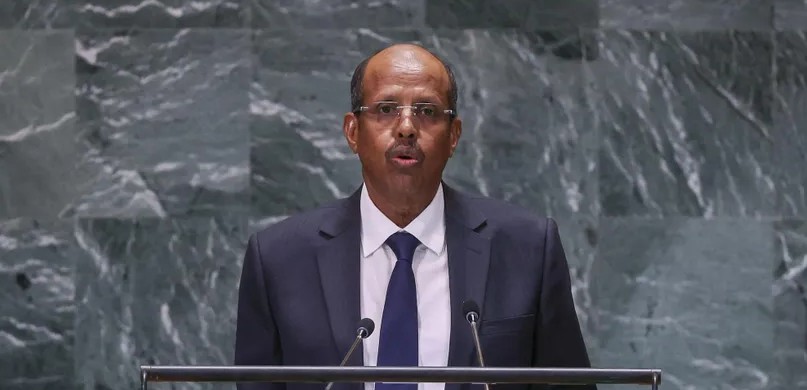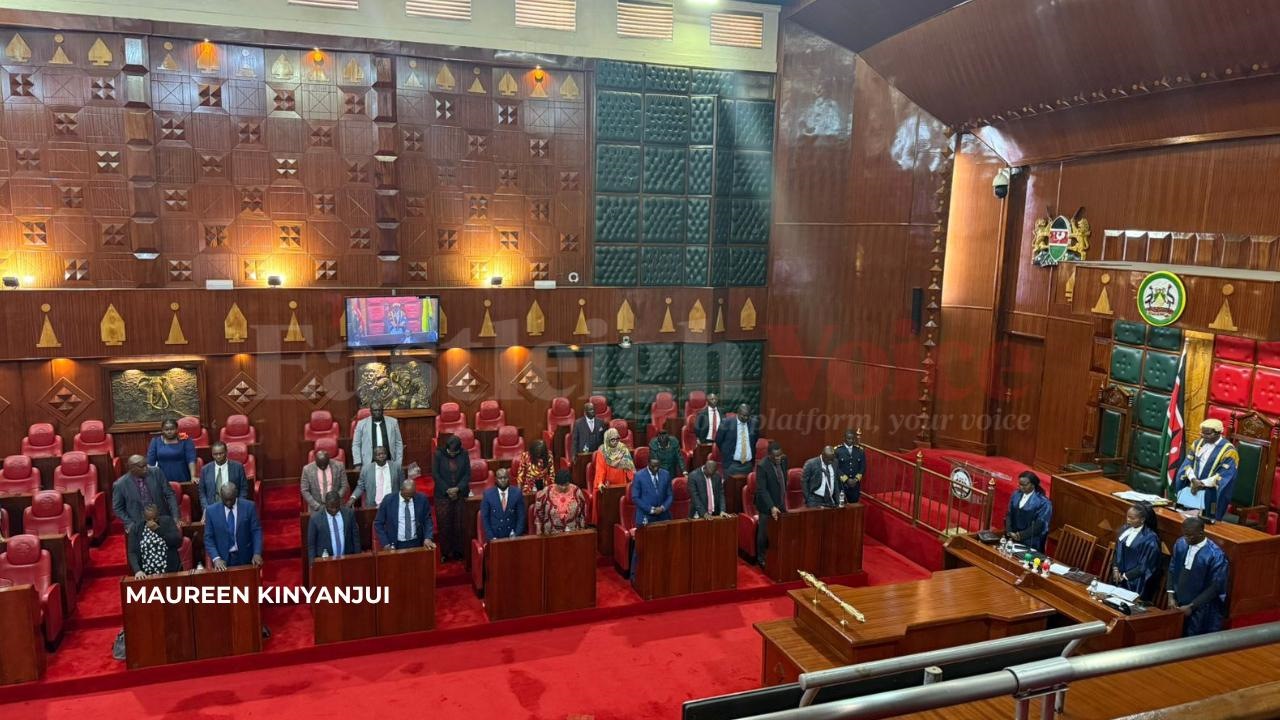Parents exempted from transaction charges on e-Citizen school fee payments
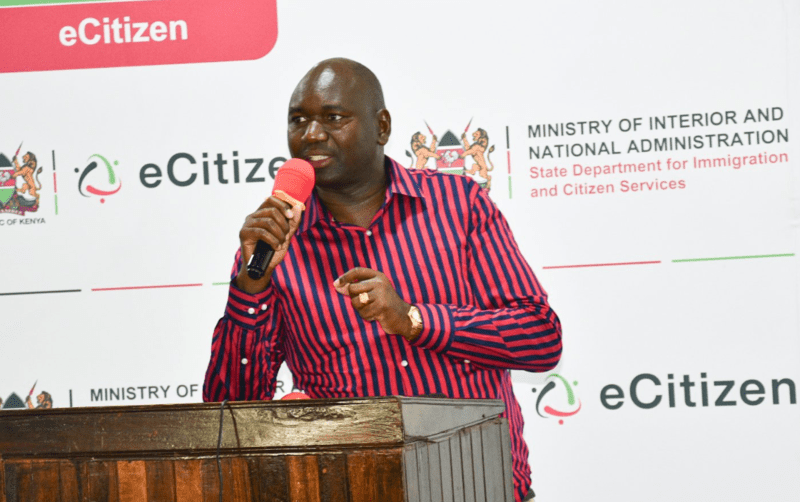
MPs had voiced concerns over parents incurring transactional charges saying this will add more burden to them.
Parents will not be subjected to transaction charges while paying school fees on the e-Citizen digital platform, Principal Secretary for Immigration and Citizens Services Julius Bitok has announced.
Appearing before the National Assembly Committee on Education on Tuesday, Bitok said payment of school fees on the platform will be free.
More To Read
- PS Belio Kipsang urges use of e-Citizen, warns against cash payments
- Government dismisses reports of boarding fee increase in public senior schools
- Government sets annual standard fee of Sh53,554 for all public senior boarding schools
- Revised fees framework to address parent concerns ahead of 2026 senior school transition
- PS Kiptoo: Government has full control of e-Citizen platform
- Over 82,000 IDs lie uncollected at Huduma Centres nationwide
This comes after the MPs grilled the PS concerning the presidential directive on payment of school fees through the digital platform, saying all grey areas ought to be addressed before it is implemented.
According to the MPs, incurring transactional charges on parents will add more burden as some parents pay school fees in small quantities since they cannot afford the whole amount at once.
In his response, Bitok clarified that the government has reached an agreement with the service provider to exempt school fee transactions from the Sh50 fee. However, he noted that transaction charges would still apply to other eCitizen services.
“Our engagement with the service provider is that we are not going to charge Sh50 for this system. We have an arrangement with them, we have a system in place which we have tested and Sh50 is not going to be charged for payment of school fees. We have agreed with the service provider on how the system is going to be implemented without charging the Sh50. But for all of the other government services on eCitizen, Sh50 is being charged,” Bitok said.
Similar system
Bitok also added that there are 1,300 primary private schools that are already using a similar system saying it has proven to be successful in those schools.
However, the legislators argued that the directive would place an undue financial burden on schools since they would have to wait long to access funds to meet their daily needs and to pay suppliers, support staff and purchase other supplies that teachers need daily.
Bitok defended himself saying they are yet to implement the directive as it was halted by the court following a petition filed by a Nakuru doctor Magare Gikenyi, who argued that the directive is illegal and violates the principles of good governance.
“Although the system is ready, we have not been able to engage on this particular subject because of the orders issued by the judge. So, we have stopped our plans to engage the principal, and stakeholders until this matter is lifted or determined,” Bitok said.
In his petition, Dr Gikenyi said parents in rural areas who had been accustomed to paying school fees via non-monetary means (trading maize and beans to the school) would be “locked out through this unfair administrative action.”
He told the court that forcing parents to pay school fees through eCitizen without their public participation is irrational adding that no legislation or framework has been put in place to guide how the said funds are utilised and sent back to the end users.
He also added that the transaction fee of Sh50 per transaction was arrived at curiously.
The court is set to determine its implementation on Wednesday, April 17, 2024.
Top Stories Today







